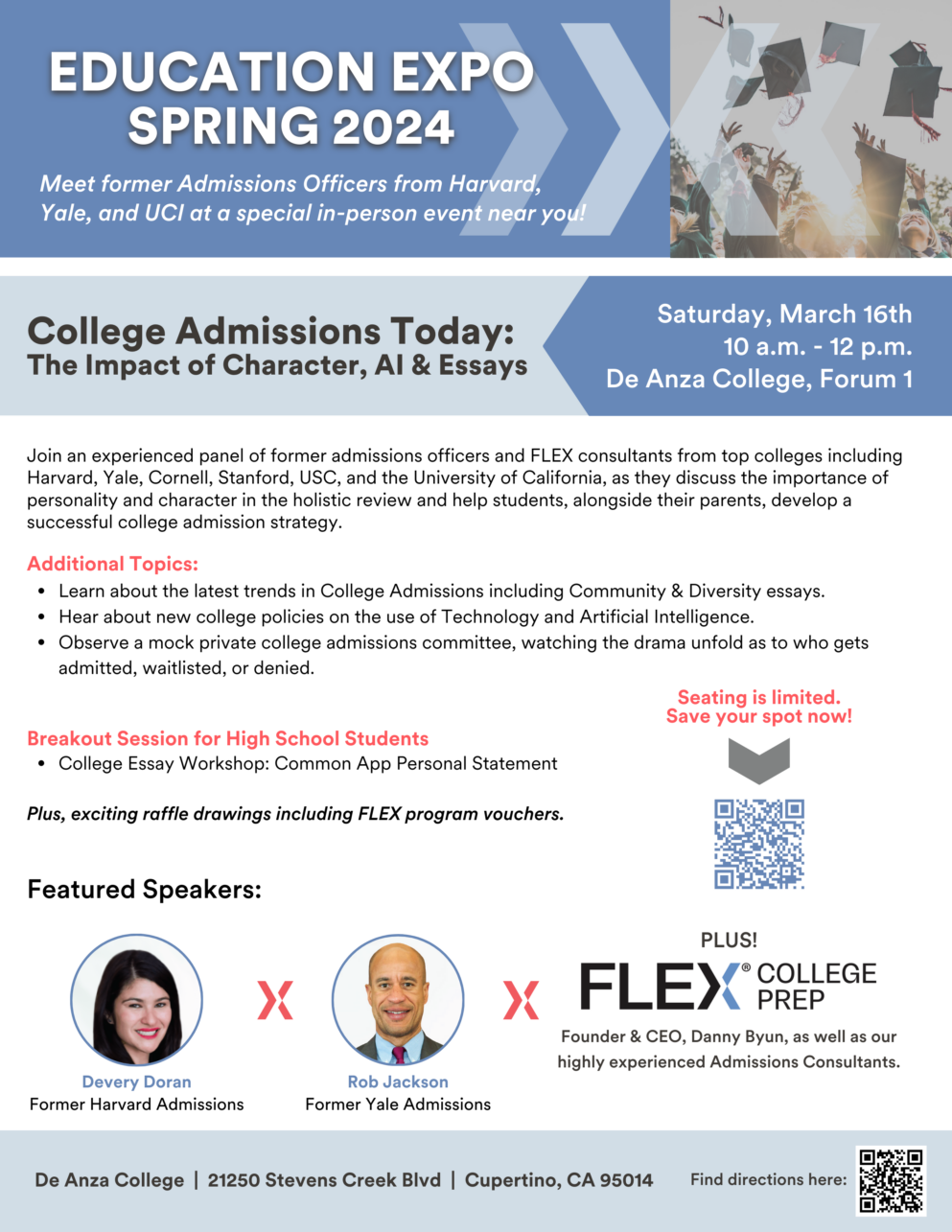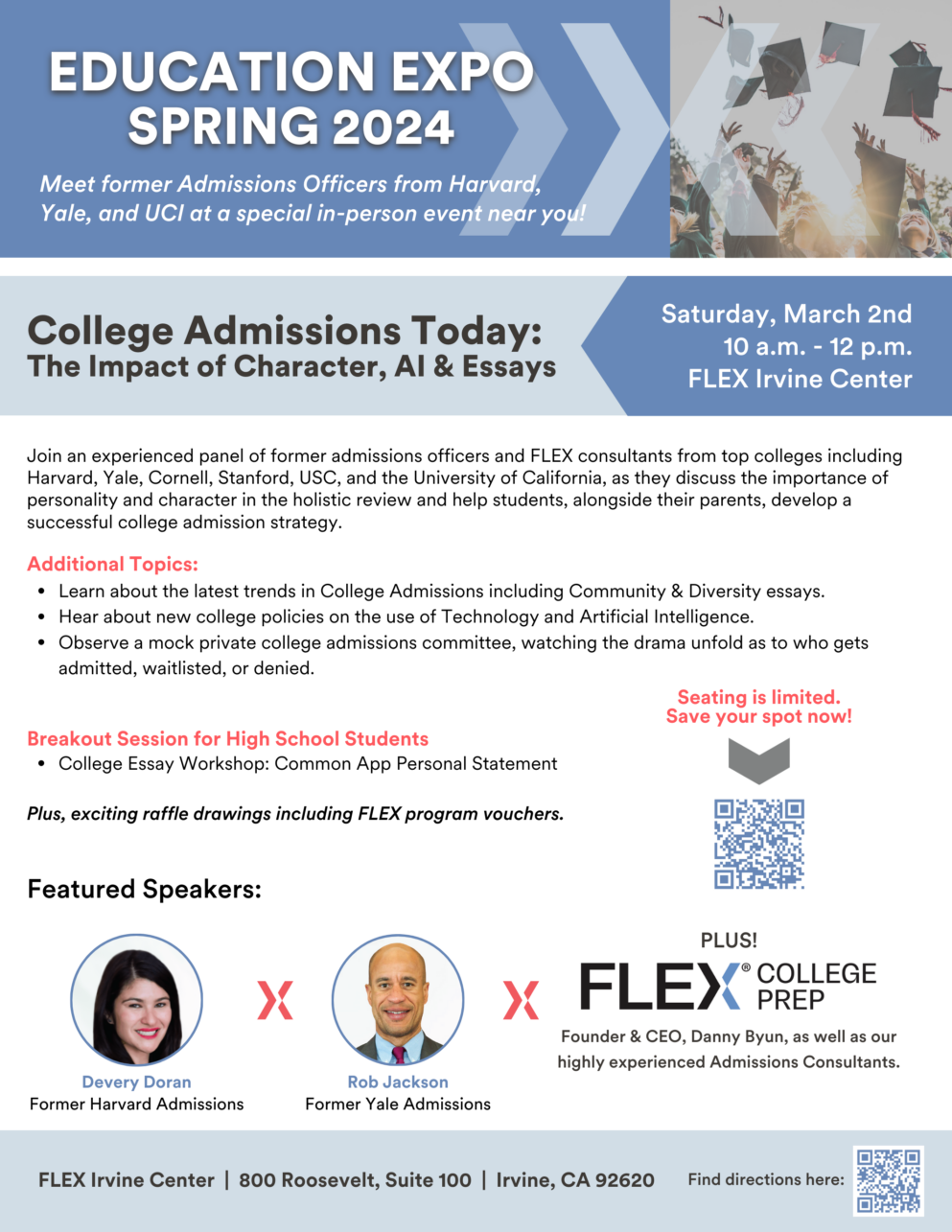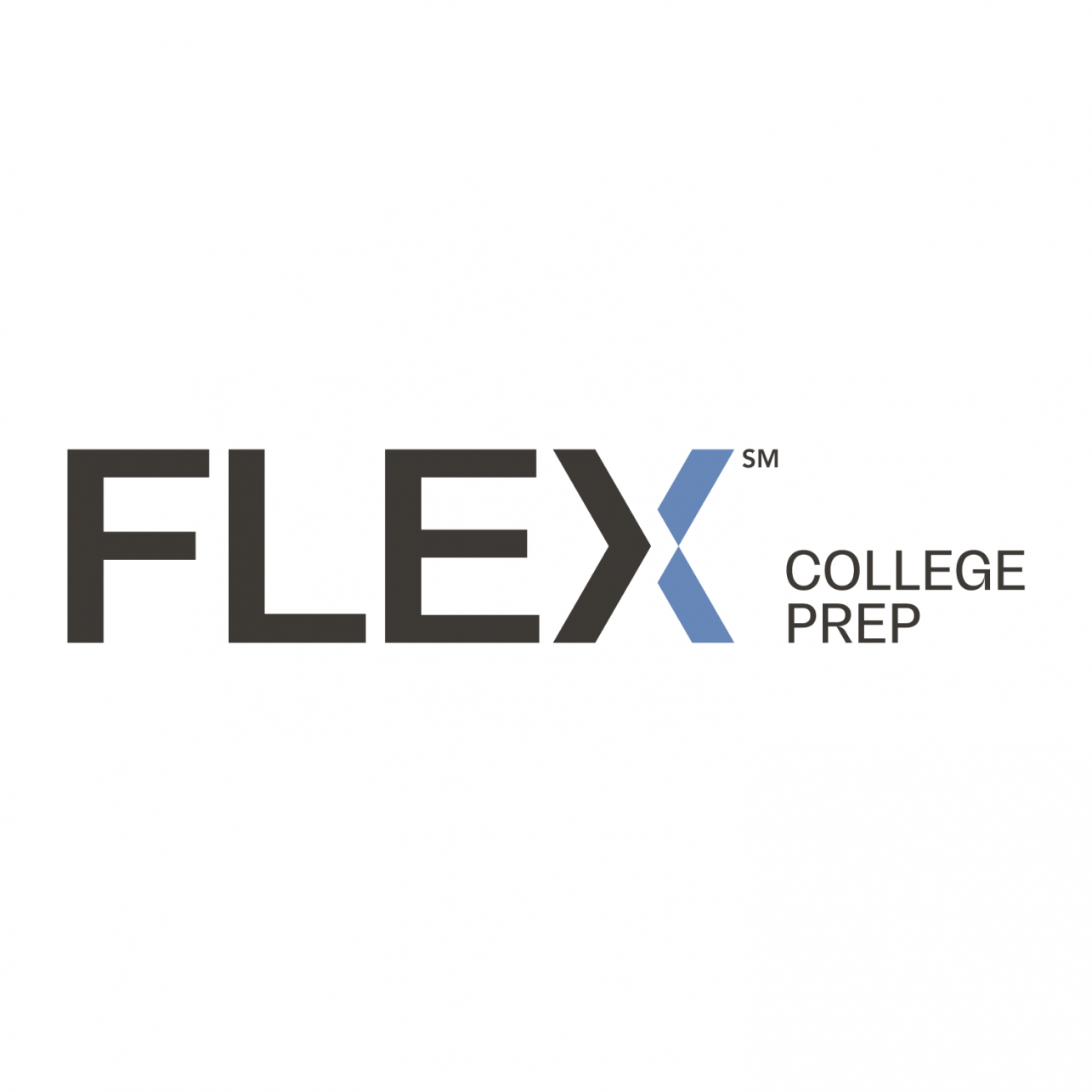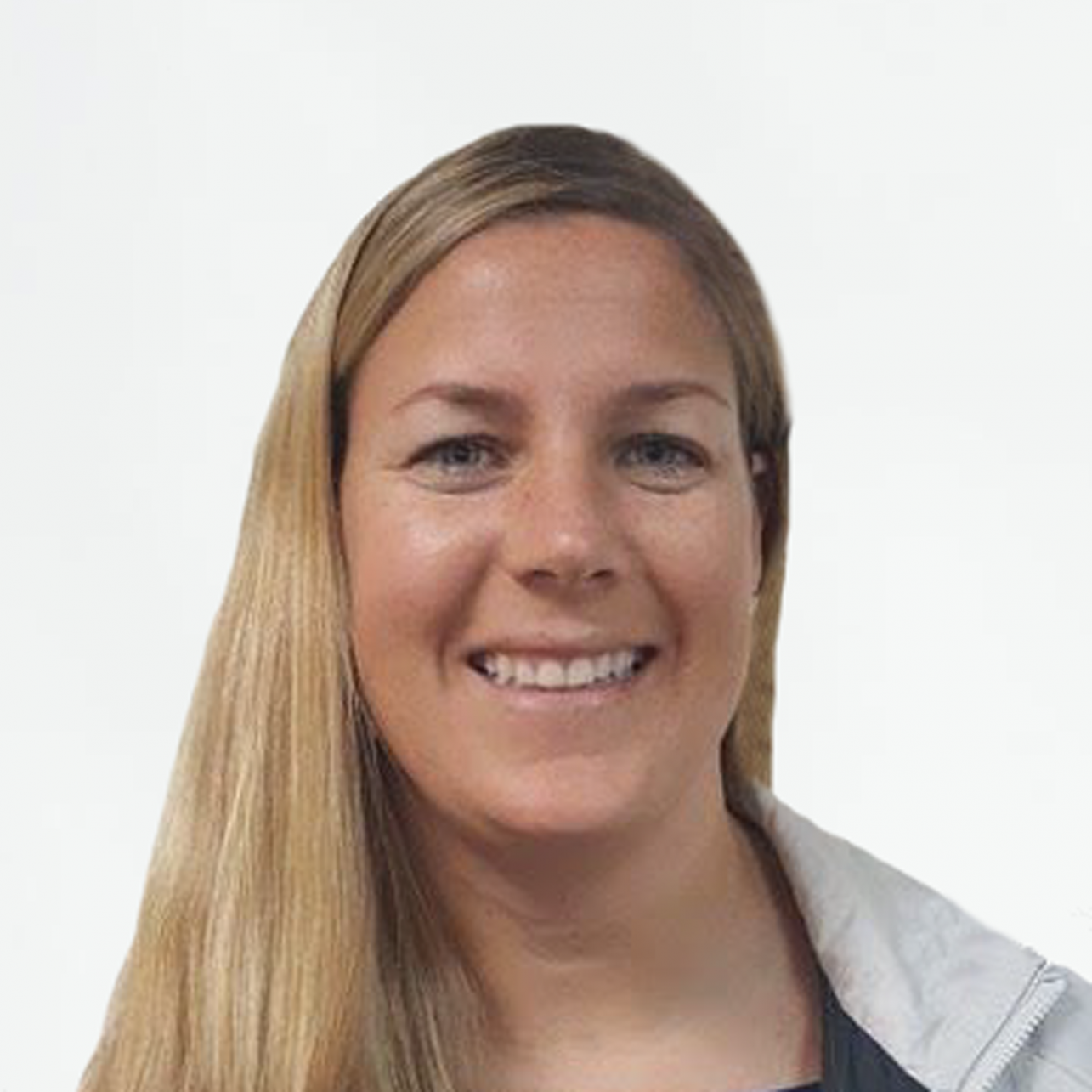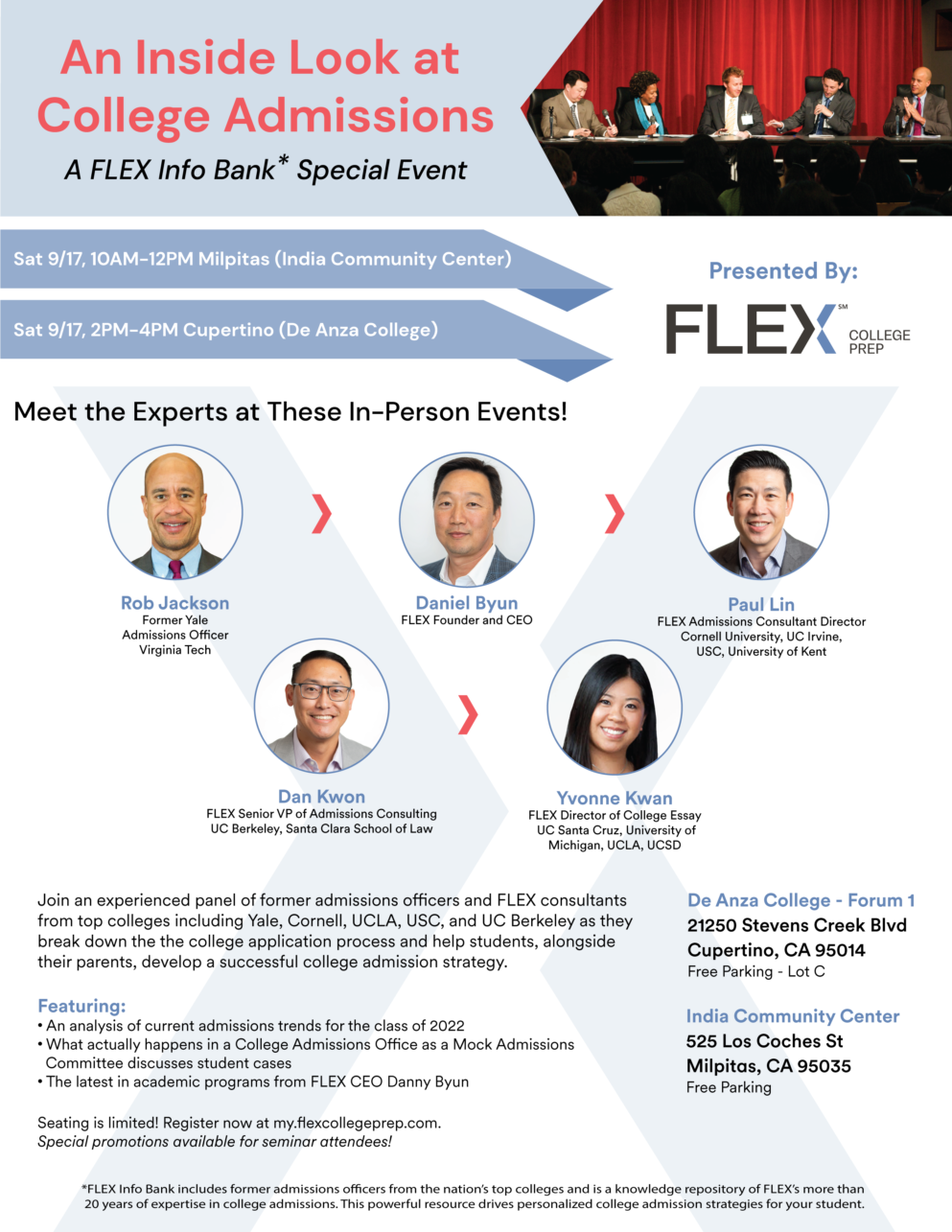The post-pandemic college admissions landscape has seen many radical shifts compared to even the early years of the pandemic, and it’s important for students and their families to understand how these shifts will impact their admissions opportunities so that they can formulate the best strategies to optimize their results.
The pandemic saw dramatic increases in the number of applicants, with the Common App reporting a 21% increase in the number of first year applicants from the 2019-20 season to the 2022-23 application season. On average, each applicant was also applying to more schools, with the overall number of applications rising 29.9% from 5.4 million in 2019-20 to 7.1 million in 2022-23.
Case Study: NYU
The increased number of applications were not distributed evenly across all schools; instead, larger, more selective, and more popular universities saw much greater increases in the number of applications. The admissions rate at New York University dropped from 30.7% in 2019-20 to just 8% in 2022-23, with NYU’s Tandon School of Engineering, College of Arts and Sciences, and Stern School of Business reporting admissions rates of less than 5%.
The large increase in the number of qualified disadvantaged students allows universities to focus on their institutional priorities. NYU reported a 20% growth in applications from historically underrepresented students from the 2021-22 application season to the 2022-23 season. In their press release announcing the 2022-23 admissions statistics, Jonathan Williams, Associate Vice President of Undergraduate Admissions highlighted their focus on socioeconomic, regional, and ethnic diversity:
“NYU’s admitted class of 2027 reaffirms the University’s commitment to higher education access and our enduring position as a University that is ‘open to all, regardless of national origin, religious beliefs, or social background . . . NYU continues to demonstrate that selectivity and an exceptionally talented student body are not mutually exclusive to upholding values of diversity and access which so deeply enrich a university education.”
Tips For Current Applicants
While having a diverse college community will undoubtedly benefit the students admitted into these colleges, the college admissions landscape has become even more challenging for those who are not from historically disadvantaged backgrounds. These students will need to go beyond having strong academic profiles and actively demonstrate desirable character traits like leadership, curiosity, compassion, and grit.
At FLEX, our most successful applications from the class of 2023 followed these five tips:
- With the number of applications rising and the admission rates dropping, it’s even more important for students to have a good and attainable college list. Their strategy should include realistically considering schools for early decision and early action and have a good balance of appropriately chanced safety, target, and reach schools. While it can be difficult to chance schools (rate the likelihood of admittance) because of rapid changes in the college admissions landscape, FLEX college lists are chanced by a committee of consultants with more than 40 years of combined experience.
- Students admitted into the top colleges overwhelmingly favored personal statements that focused on community impact and perspective taking. But beyond just taking part in activities that allow students to demonstrate these qualities, students need to learn how to message them effectively in activity listings and essays to have the greatest impact in the admissions process. FLEX college essay instructors are experienced in helping students reflect on their experiences, effectively leveraging their activities to write essays that help them stand above the crowd of other applicants.
- Students need to have an effective major strategy in order to boost their chances of being admitted to the most competitive schools. UC Irvine reported that 56% of students applied for just 10 of their 85 majors. For colleges that consider a second choice major, students will want to select a major that is less competitive than their first choice if they want to maximize their chances of being accepted into the college. Students will need to strategize good alternate majors that fit with their extracurricular profile, understand which colleges restrict changing into certain majors, and consider how colleges may evaluate admissions for the second choice major differently.
- It’s also important for students to demonstrate interest in their choice of major beyond merely taking classes in high school. This is especially true for popular majors where students need to demonstrate why they should be selected for that major over other students. This should take the form of additional projects or activities related to the major, whether it’s developing a personal research project, taking part in a Science Olympiad, or participating in a science fair.
- While most schools are still test optional–with the notable exceptions of MIT and Georgia Tech–it is still highly recommended that students plan to take the SAT or ACT; going test optional should be the last resort. Students will want to do as much as they can to distinguish themselves from other applicants. It’s also important to note that AP scores have also become increasingly important. For students who choose to forego the SAT or ACT, AP scores will be considered more closely to help fill in the missing pieces of the profile.
To learn how FLEX’s experienced team can help your student develop a stand-out college application, visit our Admission Consulting page.
Visit our Events page for a current schedule of events designed to address your questions and concerns about middle and high school education and the college admission process.
To speak with a FLEX consultant about college admissions, schedule a meeting on this calendar.
Sources: NYU News, Publications, and Facts; Common App Apps per Applicant Research Brief

Students need to stand out in the competitive admissions landscape. FLEX College Prep is a team of the best strategists in the industry and takes a holistic approach to ensure students use their pre-college years in intentional, enriching, and personally satisfying ways. Since 2001, we’ve worked with families to help students unlock their potential and find happiness, meaning, and success in college and beyond.









